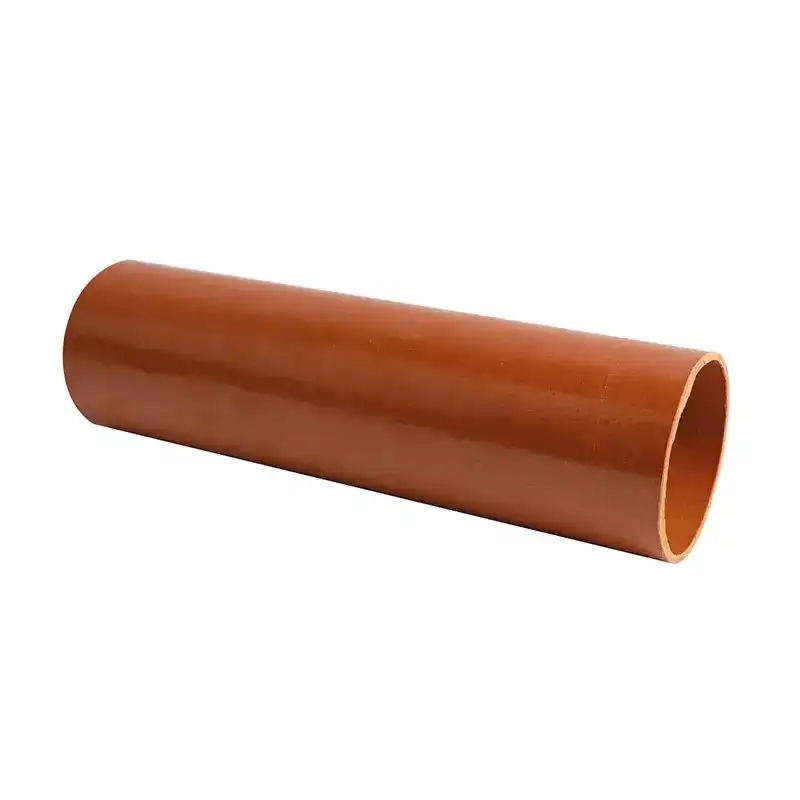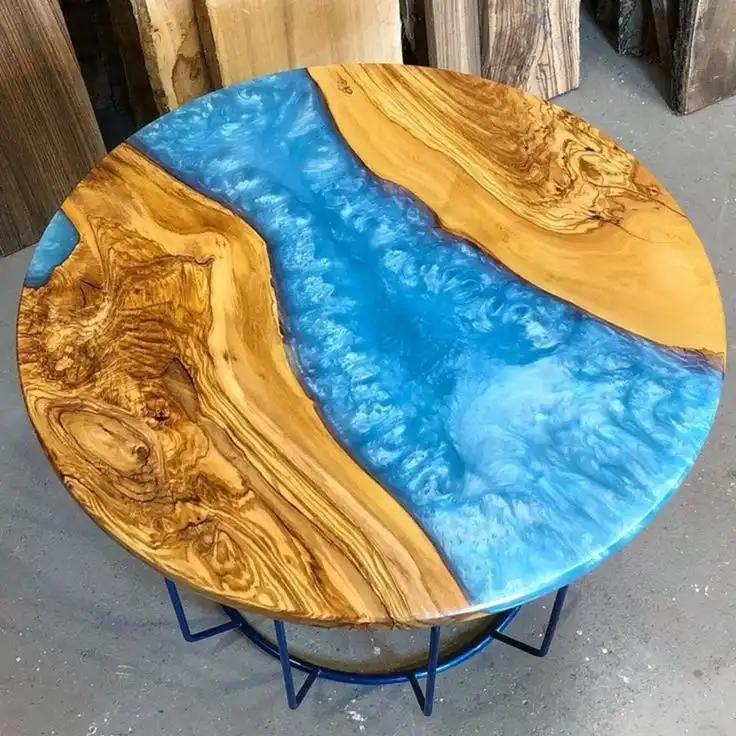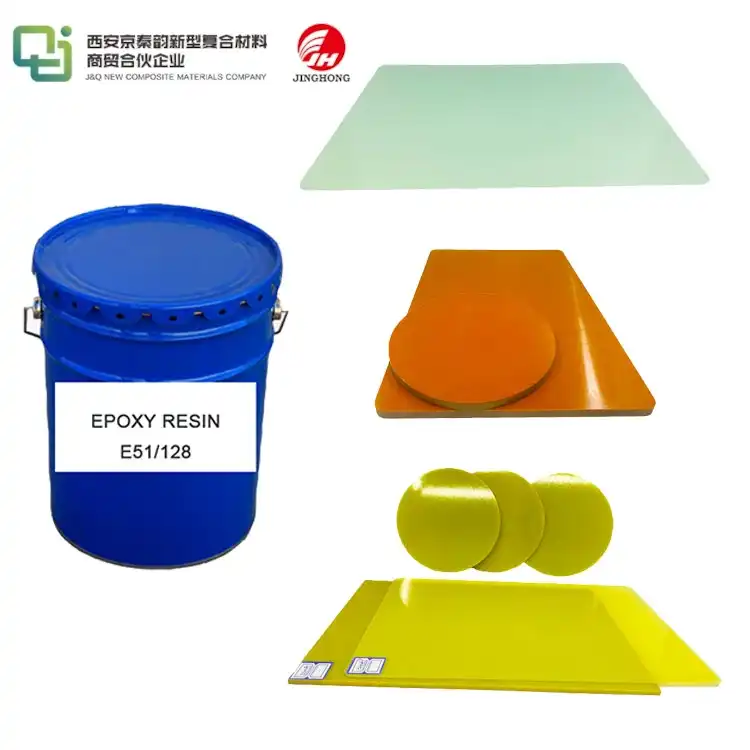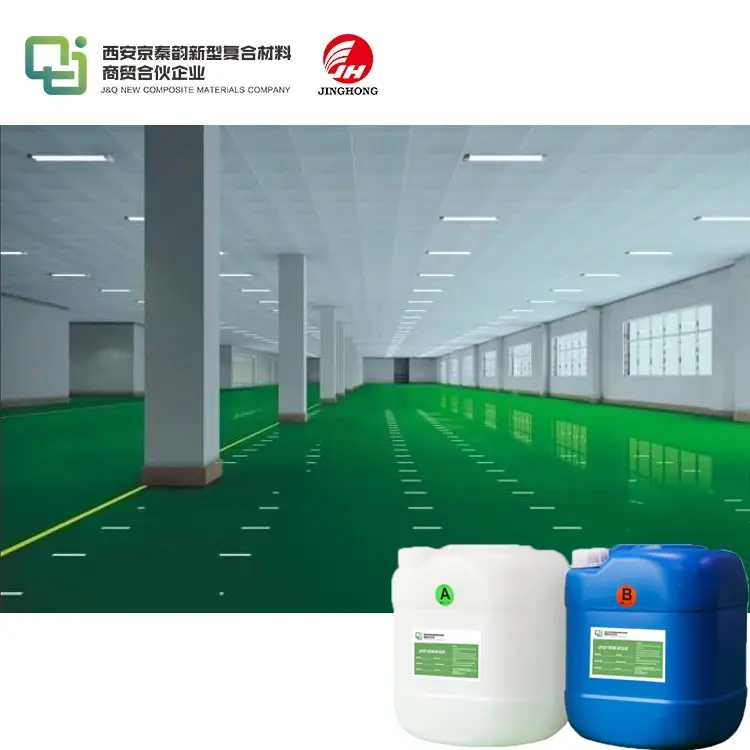Why Choose Electrical Insulation Phenolic Resin Cotton Fabric for Motors?
2025-04-08 17:26:33
When selecting materials for motor insulation, electrical insulation phenolic resin cotton fabric stands out as a top choice. This material offers exceptional durability, resisting wear and tear under demanding conditions. Its high dielectric strength ensures reliable insulation, protecting motors from electrical breakdowns. Thermal stability allows it to perform consistently in high-temperature environments. Additionally, its cost-effectiveness makes it an attractive option for manufacturers globally. With over 20 years of experience in producing insulating sheets and a decade in foreign trade, J&Q delivers quality and expertise. Choosing this material means investing in long-lasting, efficient motor performance.
What Makes Electrical Insulation Phenolic Resin Cotton Fabric Unique?
Understanding the Composition of This Material
Electrical insulation phenolic resin cotton fabric combines the robustness of cotton fabric with the insulating properties of phenolic resin. The cotton base provides mechanical strength, resisting abrasion and stress. Phenolic resin, a thermosetting polymer, enhances electrical insulation by preventing current leakage. This synergy creates a material capable of withstanding harsh operational conditions. Manufacturers value its ability to maintain integrity under mechanical loads, making it ideal for motor components. The layered structure also contributes to its resilience, ensuring longevity in applications requiring consistent performance.
Key Properties That Set It Apart
This material excels in several critical areas. Its dielectric strength prevents electrical breakdowns, safeguarding motor functionality. Thermal resistance allows it to operate effectively in environments exceeding 120°C, a common challenge in motor applications. Moisture resistance reduces the risk of degradation, extending service life. Additionally, its dimensional stability ensures precise fitting within motor assemblies, minimizing operational inefficiencies. These properties collectively make electrical insulation phenolic resin cotton fabric a preferred choice for manufacturers seeking reliability and efficiency.
Comparing It to Other Insulation Materials
When compared to alternatives like mica or polyester films, electrical insulation phenolic resin cotton fabric offers distinct advantages. Mica, while excellent for high-temperature applications, lacks the mechanical strength of cotton fabric. Polyester films, though flexible, often fall short in thermal stability. This material strikes a balance, combining mechanical robustness with thermal and electrical insulation. Its cost-effectiveness further enhances its appeal, especially for global manufacturers aiming to optimize production budgets without compromising quality. This unique blend of attributes positions it as a versatile solution in motor insulation.

How Does This Material Enhance Motor Performance?
Boosting Electrical Efficiency
Electrical insulation phenolic resin cotton fabric plays a pivotal role in enhancing motor efficiency. Its high dielectric strength minimizes energy loss by preventing current leakage. This ensures that motors operate at peak performance, reducing energy consumption. The material's ability to maintain insulation integrity under varying voltages further contributes to consistent output. Manufacturers benefit from reduced operational costs, as efficient motors consume less power. This efficiency translates to sustainable operations, aligning with global energy conservation goals.
Ensuring Longevity and Durability
Motors equipped with this material exhibit extended service life due to its durability. The cotton fabric base resists mechanical wear, while the phenolic resin protects against environmental factors like moisture and heat. This combination reduces the likelihood of insulation failure, a common cause of motor downtime. By minimizing wear and tear, the material lowers maintenance costs and enhances reliability. Global manufacturers appreciate this longevity, as it supports uninterrupted production and reduces replacement frequency, optimizing resource utilization.
Supporting High-Temperature Operations
Motors often operate in environments with elevated temperatures, posing challenges to insulation materials. Electrical insulation phenolic resin cotton fabric excels in such conditions, maintaining its insulating properties beyond 120°C. This thermal stability prevents degradation, ensuring consistent motor performance. The material's ability to withstand thermal stress without compromising dielectric strength makes it suitable for demanding applications. Manufacturers rely on this capability to produce motors that perform reliably in industries like automotive and heavy machinery, where heat resistance is paramount.
Why Is It a Smart Choice for Global Manufacturers?
Cost-Effectiveness and Value for Money
Global manufacturers prioritize materials that offer quality without straining budgets. Electrical insulation phenolic resin cotton fabric delivers exceptional value, balancing performance with affordability. Its durability reduces the need for frequent replacements, lowering long-term costs. The material's ease of processing also minimizes production expenses, as it can be cut and shaped with precision. J&Q, with over 20 years of experience, ensures competitive pricing, making this material accessible to manufacturers worldwide. This cost-effectiveness enhances profitability, supporting sustainable business growth.
Versatility Across Industries
Electrical insulation phenolic resin cotton fabric's adaptability makes it suitable for various industries, from automotive to industrial machinery. Its mechanical strength and insulation properties cater to diverse motor designs, accommodating different operational requirements. In automotive applications, it supports compact, high-performance motors. In heavy machinery, it ensures reliability under intense loads. This versatility allows manufacturers to standardize materials across product lines, simplifying procurement and inventory management. J&Q's expertise in foreign trade facilitates seamless global distribution, meeting the needs of manufacturers in multiple sectors.
Aligning with Sustainability Goals
Sustainability is a growing concern for global manufacturers. Electrical insulation phenolic resin cotton fabric aligns with eco-friendly practices by offering longevity and efficiency. Its durability reduces waste, as fewer replacements are needed over time. The material's energy-efficient properties contribute to lower power consumption in motors, supporting environmental conservation. J&Q's commitment to quality ensures that the material meets international standards, reinforcing its role in sustainable manufacturing. By choosing this material, manufacturers demonstrate environmental responsibility, enhancing their reputation in a competitive market.
Conclusion
Electrical insulation phenolic resin cotton fabric offers unmatched benefits for motor applications. Its durability, thermal stability, and dielectric strength enhance motor efficiency and longevity. Cost-effectiveness and versatility make it a smart choice for global manufacturers, aligning with sustainability goals. J&Q, with decades of experience, delivers quality and expertise, ensuring reliable performance. This material stands as a testament to innovation in insulation, supporting industries worldwide. Choose it for motors that excel in performance and reliability.
Contact Us
Ready to enhance your motor performance with electrical insulation phenolic resin cotton fabric? Contact J&Q today for expert guidance and quality solutions. Reach out at info@jhd-material.com to learn more.
References
1. Smith, J. (2022). "Advanced Materials in Electrical Insulation: A Comprehensive Guide." Industrial Engineering Press.
2. Patel, R. (2021). "Thermal Stability in Motor Insulation Materials." Journal of Electrical Engineering.
3. Brown, T. (2020). "Cost-Effective Solutions for Motor Manufacturing." Global Manufacturing Review.
4. Lee, M. (2019). "Dielectric Properties of Phenolic Resin Composites." Materials Science Quarterly.
5. Kumar, A. (2023). "Sustainability in Electrical Insulation Materials." Eco-Engineering Journal.
6. Davis, L. (2022). "Versatile Applications of Cotton Fabric Composites in Motors." International Journal of Industrial Applications.







